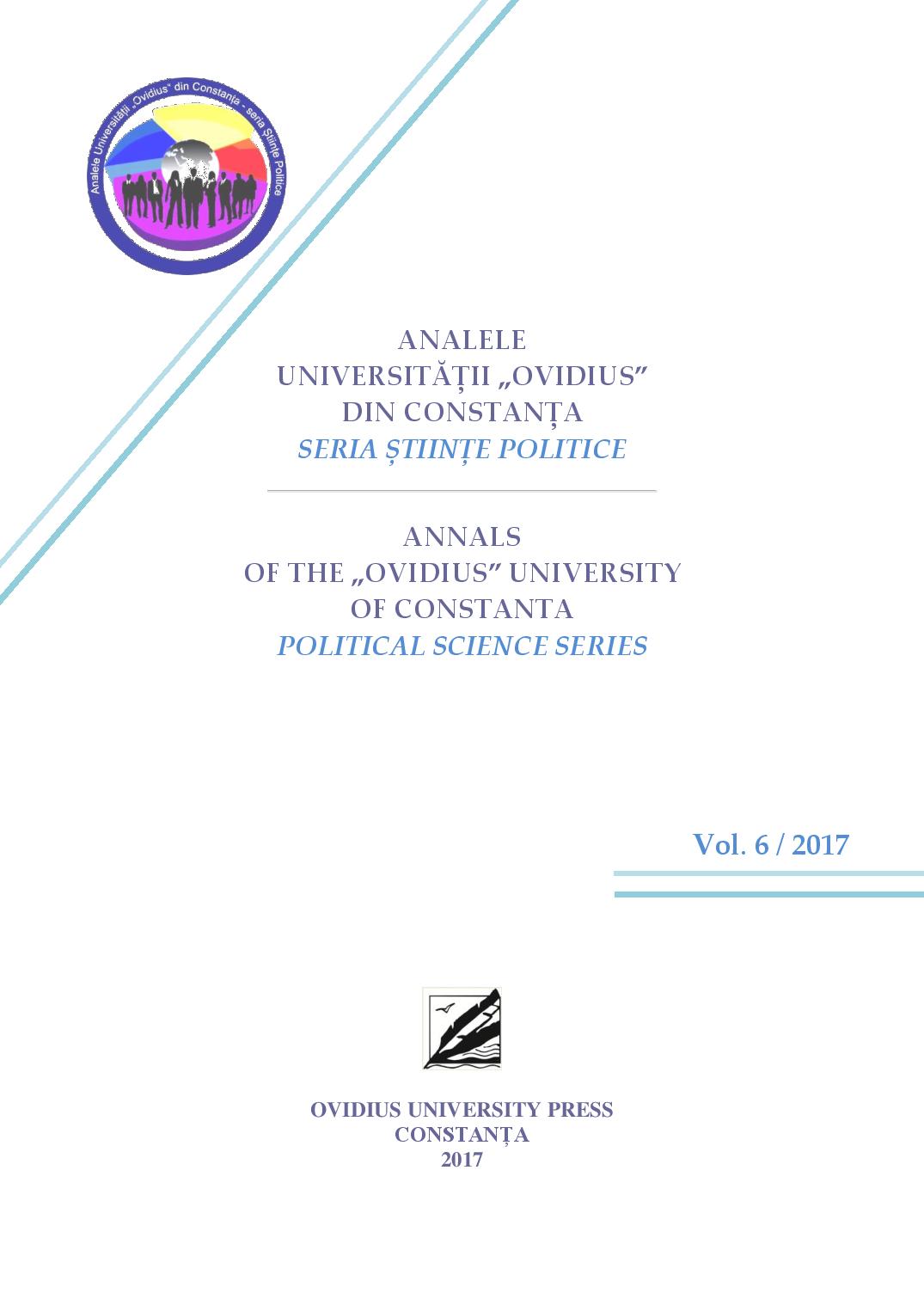Who’s the Author of the Romanian Electoral Law of 1926? Three Hypotheses
Who’s the Author of the Romanian Electoral Law of 1926? Three Hypotheses
Author(s): Adrian Alexandru HerţaSubject(s): Politics / Political Sciences
Published by: Ovidius University Press
Keywords: Acerbo Bill; Alexandru Averescu; Ion I. C. Brătianu; legislative import; Romanian Electoral Law of 1926
Summary/Abstract: The Romanian Electoral Law of 1926 was an unprecedented and highly controversial political solution: its method of allotting parliamentary mandates was inequitable and, additionally, it was inspired by the Acerbo Bill (a revolutionary juridical innovation, adopted in Italy, under Benito Mussolini’s rule). It was simply a formal adaptation, not an ideological option, but this case represented a premiere in Europe. The aim of the present paper is to discover the human figure behind this unusual and surprising legislative import. While this question does not have an obvious answer, I formulate three hypotheses regarding the person who had the idea of bringing the Italian electoral pattern in Romania. The first possible author of the law is Ion I. C. Brătianu, prime-minister and leader of the National Liberal Party, in power in March 1926. The second hypothesis brings into discussion some of the members of the Liberals, with expertise in matters of constitutional law and electoral legislation (Constantin Dimitriu, Tancred Constantinescu or Vintilă Brătianu). Finally, the third hypothetical architect of the Romanian Electoral Law of 1926 is Alexandru Averescu, the leader of the Peasant’s Party. I identified arguments for each of these variants. The present study uses archive documents, newspaper articles, memoirs and parliamentary debates of the mid-1920s in order to draw a comprehensive picture of the issue in question.
Journal: Annals of the Ovidius University of Constanta - Political Science Series
- Issue Year: 6/2017
- Issue No: 1
- Page Range: 25-34
- Page Count: 10
- Language: English

